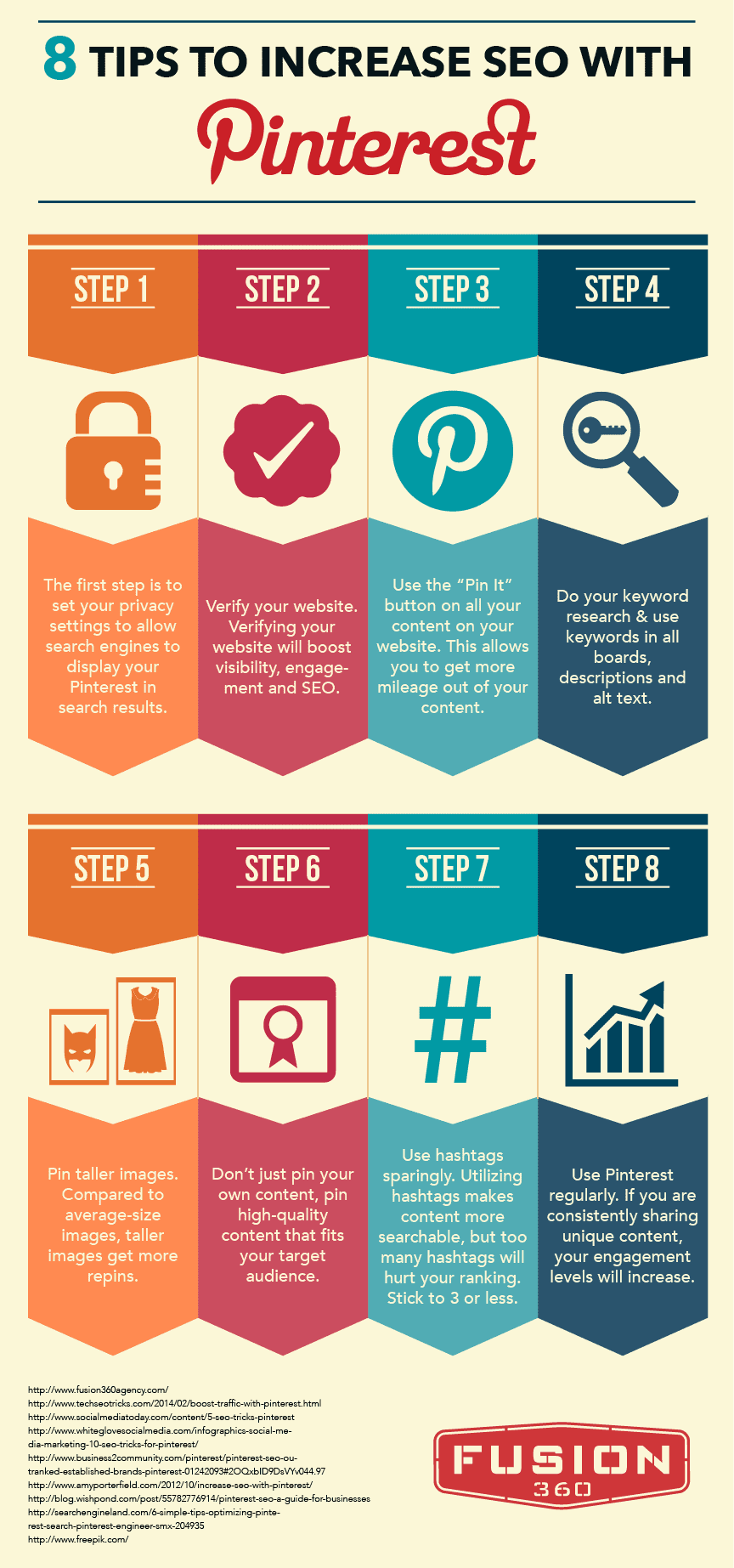The world of SEO is constantly evolving. Long gone are the days when buying links was still viewed as an acceptable practice (try that now, and you’ll be punished accordingly by Google). And as the world of search marketing continues to change, one thing is becoming increasingly clear. Google and other search engines value quality content (and quality links) far more than an incredibly large usage of keywords or other practices. And as a result, the lines between quality digital public relations work and good SEO are becoming increasingly blurred.
As Business2Community recently noted, “Both PR and SEO practitioners need to be awesome at creating great content, skilled at running outreach [and] brilliant at building relationships.” These tactics are not only essential for being a top-notch public relations professional, but will also play a key role in getting your company to the top of the search rankings. Here’s how.
It Starts With Content
The baseline for any successful public relations effort starts with generating quality content. Whether it’s presenting well-organized data through an appealing infographic, creating a video that provides a more in-depth look at a particular topic or even simply writing informative, well-written blog posts, quality content is the basis of everything digital marketers should be trying to accomplish.
Why is that? Any public relations practitioner worth his salt knows that a key part in generating results in the world of SEO is establishing oneself as an accessible industry leader. And the best way to do that is by presenting your knowledge and expertise through (you guessed it) content. By presenting information that is useful and helpful to your audience (ie. your customers and potentially your industry at large), you show Google and other influencers that you really know what you’re talking about.
This isn’t to say that the commonly-cited SEO practices of using appropriate keywords, incorporating images, etc. should be tossed aside. But by writing to help your audience and share your expertise and then optimizing for SEO, you are much more likely to create that quality content that is becoming increasingly valued in today’s digital sphere.
The benefits of this are two-fold. First, quality content, when housed on your site or containing links to it, provides a significant SEO boost. More often than not, this content can be one of the biggest factors in determining whether your site moves up or down in search result rankings. Second, establishing yourself as an industry authority makes it easier to accomplish the other public relations goals—influencer outreach and building relationships.
Reaching and Using Influencers
Another key component of public relations that can also pay big dividends for your SEO efforts is influencer outreach. The Internet has made this somewhat easier than before—most journalists and industry influencers are quite active on Twitter, LinkedIn and other digital media platforms, but the fact remains that successfully reaching out is still quite often easier said than done.
After all, you can’t simply blast a stock email message promoting your latest, greatest blog post and expect it to get huge results. More likely than not, such messages will simply be deleted and possibly even get you blocked as a spammer on Twitter and other networks.
First things first, you need to research influencers for your particular industry. Figure out what they like and don’t like. And don’t try to sell yourself (or your content) right off the bat. Brandwatch recommends “following them on Twitter, [liking] their posts, [and commenting] on their blog.” Actual engagement with influencers’ content (such as commenting on an article with your own, non-salesy insights) will get you on their radar in a good way.
If you do things the right way, this will likely allow for you to generate online conversations with the influencer as you comment on and share his or her content. This in turn builds a positive relationship with said influencer, which will subsequently make him or her more likely to share your content or accept your guest post idea when you pitch them.
What does this have to do with SEO, you might ask? These public relations efforts may not immediately bear fruit in helping you move up the search rankings, but the promotion of your content or publication of a guest post by an industry influencer can do wonders for your site traffic. And it’s much easier to get that promotion if you’ve already established a solid relationship with an influencer and proven that you can produce quality content of your own.
After all, influencers are called influencers for a reason. These individuals are viewed as authority figures, and as such, tend to have large digital followings. If such a person were to share a link to your site’s latest blog post, you have tapped into a potentially much larger audience than you have ever had access to before. Guest blogging on an influencer’s site also provides the opportunity to reach these larger audiences and gain authoritative links back to your own site. But in order to get an influencer to be willing to do this for you, you must build and maintain a meaningful digital relationship.
These influential shares in turn boost SEO rankings as your site gains higher engagement and high-quality backlinks. Of course, before reaching out to influencers for guest blogging and other opportunities, be sure that their content and site are actually of high quality. You don’t want to accidentally hurt your SEO by posting on a lower-quality site.
By combining these public relations and SEO practices, digital marketers can improve their clients’ search rankings and achieve the long-lasting success that yields real results.












